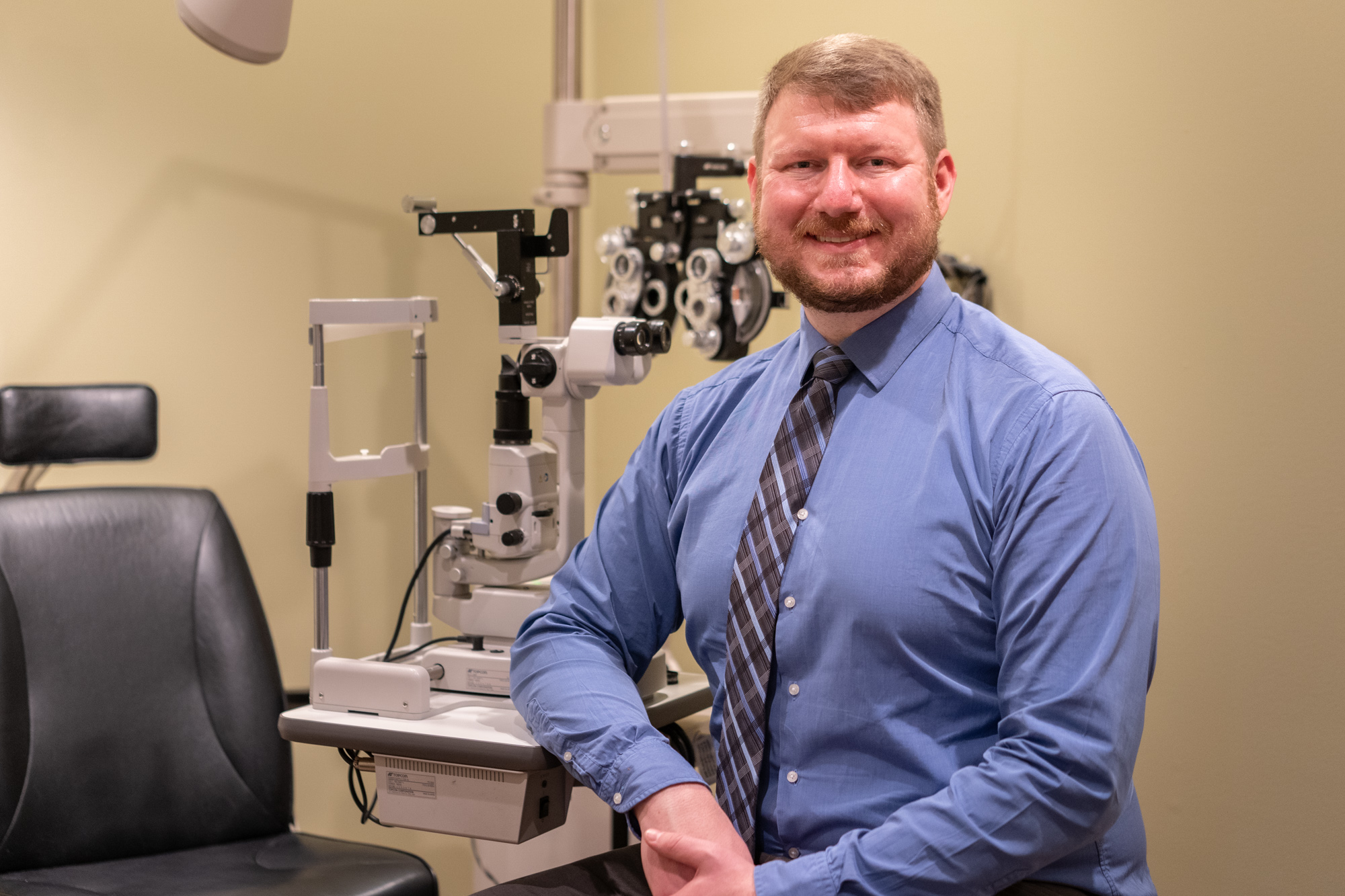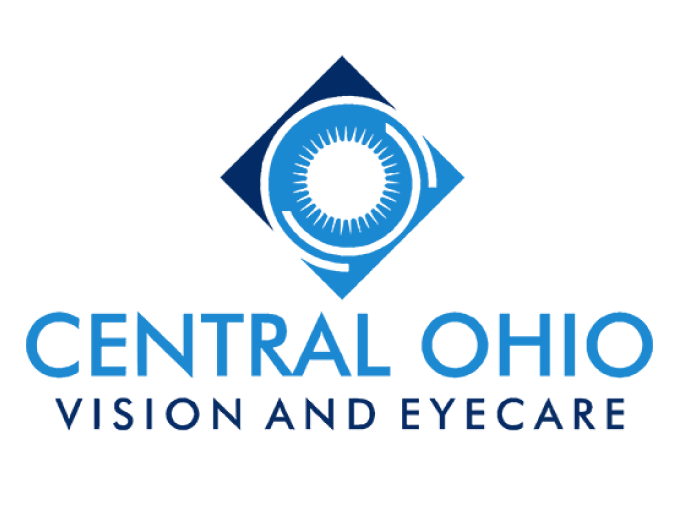
Contact Lens Exams
We carry many contact lenses, and believe strongly in single use lenses. The health benefits from a daily lens are drastic, and the comfort is the other paramount reason we prescribe them so often. All contact lenses generally have a rebate on an annual supply of lenses.
Contact lenses are a great way to improve your vision and get away from glasses that can be annoying for any number of reasons. Learn more about our contact lens exams.
What Types Of Contact Lenses Do We Offer?
At Central Ohio Vision and Eyecare we offer a tremendous variety of soft, rigid and speciality contact lenses that help with a variety of eye conditions. We specialize in complicated and unique contact lens fits, but there are also a slew of soft lenses that are designed with a typical wearer in mind. Learn more about our Specialty Contacts.
Soft Contact Lenses
Soft contacts are the most common type of contact lenses and account for over 85% of contact lenses dispensed. Traditional soft contact lenses consist of soft plastic polymers and water. They allow oxygen to permeate through the lens material to the cornea. Most people find soft contact lenses comfortable. One advantage of soft contacts is that people assimilate to them almost right away. Soft lenses come in different prescriptions and designs depending on your budget and need. For some prescriptions, they may not offer the same visual acuity as gas permeable lenses or glasses. Dr. Karres or Dr. Kelbley will help you determine which design is best for you.
Disposable Contact Lenses
Disposable contact lenses are soft lenses that are discarded on a daily, weekly, bi-weekly, or monthly basis. With regular replacement, protein deposits do not build up. Deposits can affect health of the eyes, vision, and comfort. These lenses are convenient, low-maintenance, and are available in most prescriptions. It is important to replace disposable contacts as suggested to avoid eye infection. Disposable lenses are available in most prescriptions.
Extended Wear Contact Lenses
Extended wear contact lenses are gas-permeable or soft lenses designed for up to 30 days of continuous safe wear. They offer the convenience of not having to take them out at night, but there are risks. Sleeping in them poses a higher risk of infection, corneal ulcers, and abnormal blood vessel growth in the cornea. These lenses need more frequent follow-ups. Because we value our patient’s health, we do not recommend this type of lens wearing system.
Tinted or Cosmetic Contact Lenses
Tinted contact lenses are soft lenses that enable some patients to change the color of their iris (the colored part of the eye). These lenses are available in interesting colors and patterns. They can provide a subtle or dramatic change in the appearance of your eyes. They may not be available for all prescriptions. When worn properly, they can be used for everyday wear.
Rigid Gas Permeable Lenses
Rigid Gas Permeable (RGP), or just Gas Permeable (GP) lenses are sometimes mistaken for old-fashioned lenses. The old hard contact lenses that people know are rarely used today. Gas permeable lenses allow more oxygen to the cornea than traditional soft contact lenses. They do not change their shape when you blink or move on your eyes because they are rigid. This means they offer sharper vision than soft contacts. They are much more durable than soft lenses and can usually last for one to two years with proper maintenance. RGP lenses also come in many bifocal and multifocal designs.
Toric Contact Lenses
Toric contact lenses help correct astigmatism. They are available in both soft and gas-permeable designs. Most patients are able to achieve vision that is as good as they can get with glasses. Toric lenses can be more difficult to fit for some patients, and they generally require more time from the patient to determine their comfort and best prescription.
Multifocal (Bifocal) Contact Lenses
Multifocal contact lenses, like bifocal glasses, have more than one power. This allows an individual to have clear vision in fields that are near and far. These lenses are available in both soft and gas-permeable designs. Both of these lens types may require more time from the doctor for fitting.
There are now more choices for contact lenses. While some individuals wear contact lenses without trouble, others may need to try different types to find their perfect pair. Call our office today to schedule an appointment!
